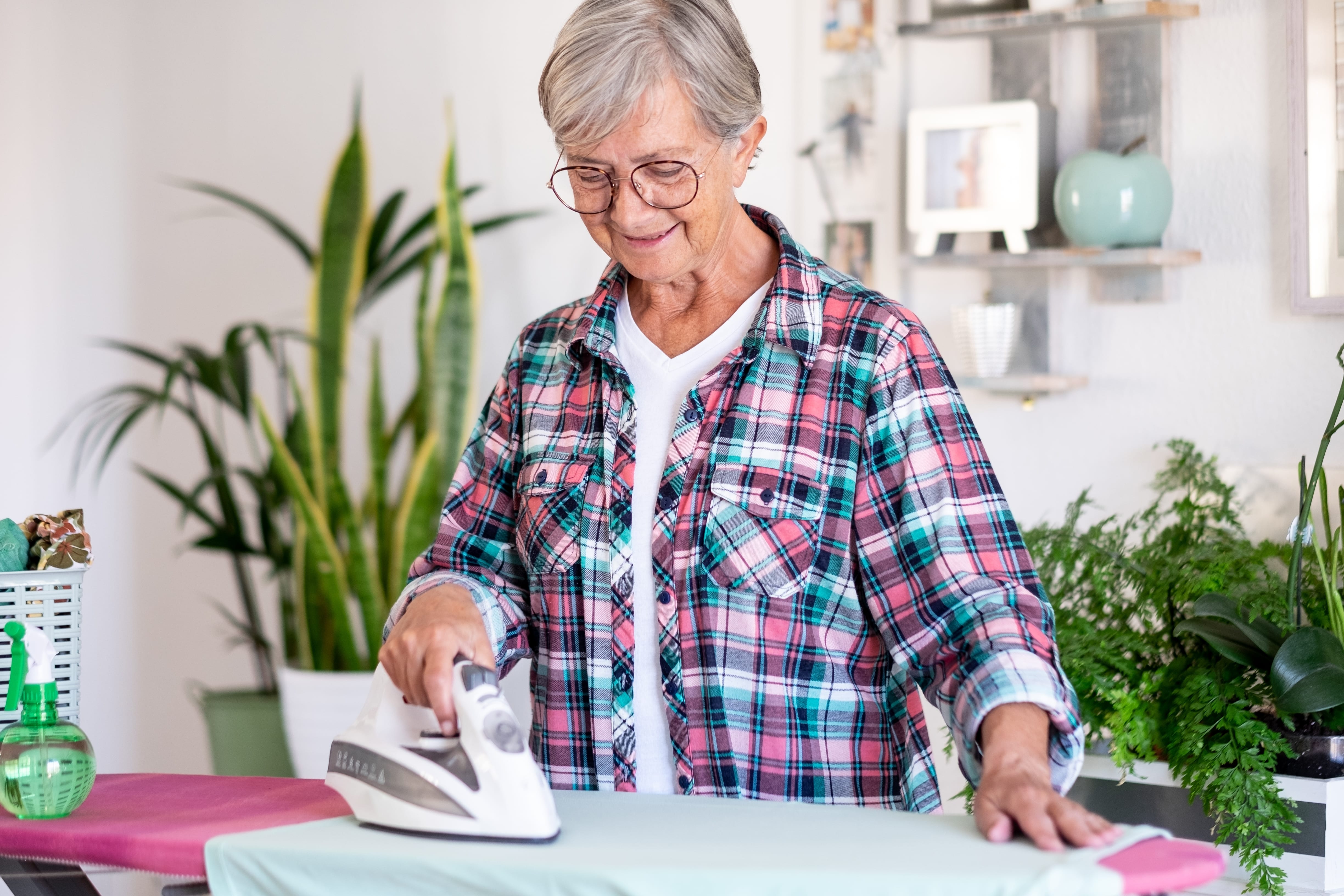Resources
Mobile Resource Library Tabs
Filters
Search
Categories Navigation
Asset Publisher
Content with Topic Help at Home .
Resources

How Caregivers and Older Adults Can Manage Rising Food Costs
As anyone who has gone grocery shopping over the past few months can tell you, inflation is hitting food prices hard in 2023. As of February 2023, eggs are around $4.21 a dozen, a 110 percent increase from 2022, while foods like pasta, flour, potatoes and sugar have all seen increases in the 20-30 percent range. But one thing that hasn’t changed?: the barriers which exist to prevent us from making the most of our money and accessing quality, nutritional food.
Read MoreBy Julie Hayes and Tiffany Taylor | 04/13/2023

How Caregivers Can Help Older Adults Retain Independence
Lack or loss of control can be a very frustrating feeling, and it’s one most people have to contend with as they age. A natural reaction to loss of control is resistance. However, for those of us who are caregivers, that resistance can make providing the support a loved one needs challenging. It can feel like having to do daily battle against a loved one’s stubbornness, and as frustration mounts, it can become easy to forget just how much personal freedoms mean to a loved one and how hard it would be for anyone—including us—to give them up.
Read MoreBy Julie Hayes | 02/15/2023

Useful Items to Have in the Home When Caring for a Loved One with Dementia
“Dementia products” are intended to make life easier for a person with dementia and their loved ones. Some of these products can indeed be helpful. However, often they go unused or hold interest only briefly. Before you jump in and try or buy something, do a little advance thinking about what your loved one's needs are, and what useful items you may already have in your home.
Read MoreBy Jennifer Burke | 12/15/2022

4 Tips for Getting the Most Out of Mealtime with Dementia
Over time, people develop unique relationships with food – determining what they like and do not like. It is commonplace to have a favorite meal, type of food, place to eat, etc. Individuals living with dementia, however, commonly experience changes from their normal food habits. Depending on the person and what stage of dementia they are in, a loved one may show changes in things like appetite, eating habits, food preferences or swallowing ability.
Read MoreBy Ashlee Cordell | 10/14/2022

Making the Most of Mealtime: Eating, Swallowing & Dignified Dining for Individuals with Dementia & IDD
Eating and food are at the center of many of life’s occasions, celebrations and moments together with loved ones. Of course, eating is also a necessity—we rely on nutrition and hydration to survive. But what happens to these important and essential moments when dementia affects a loved one’s eating? In what ways can a loved one’s ability to interact with food begin to change? This webinar explains some of the changes that may make mealtime challenging when caring for someone with dementia, and provides tips on how to set up the eating environment for successful mealtimes. It also focuses on swallowing disorders for individuals with dementia and intellectual and developmental disabilities, and how to balance safety concerns while ensuring a dignified dining experience.
WatchBy Elizabeth Kinzig | 05/23/2022
